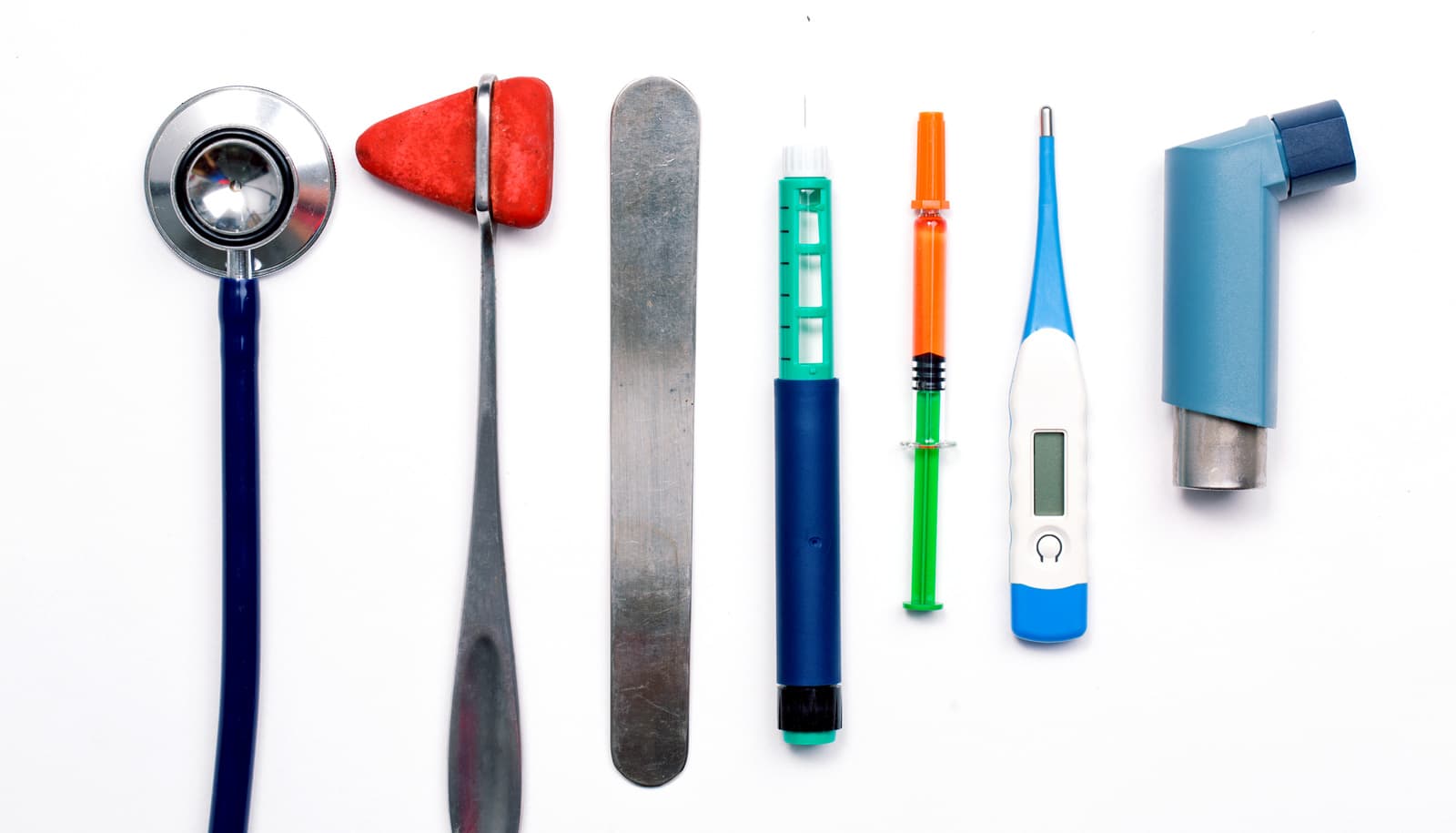Use of non-COVID-19-related health care has declined since the beginning of the pandemic, according to a new study.
That could have important implications for patient health, researchers say.
The US health care system has focused on providing life-saving care for COVID-19 patients. States closed non-essential activities and people curtailed interactions outside their homes to slow the spread of the COVID-19 virus.
“A combination of private responses and public policies related to the epidemic likely affected the way people use the health care system for conditions unrelated to COVID-19,” says Kosali Simon, professor in the O’Neill School of Public and Environmental Affairs at Indiana University-Bloomington and coauthor of a new study published online as a working paper by the National Bureau of Economic Research.
“This is the first look at how different state policies affected non-COVID-19 outpatient health care, as a way to understand what actions might be needed to protect all of health care as we continue living through the pandemic.”
For the study, researchers examined data from a nationwide electronic health care records system covering more than 35 million patients and providing information on health care use from January 2019 through June 30, 2020. They focused on outpatient visits, outpatient procedures, and laboratory tests for non-COVID-19 care.
The findings show that overall, non-COVID-19 doctor visits declined about 40% during the first six weeks or so of the pandemic, from early March to mid-April.
State policies ordering people to stay at home and closing non-essential businesses played a substantial role, reducing outpatient visits about 15% in the first two weeks of the shutdown.
The negative impact varied by type of care, according to the study. Visits associated with heart disease declined dramatically, as did outpatient visits for diabetes and various cancers.
But mental health outpatient visits declined far less than the other care categories studied. The researchers conclude that telemedicine delivering mental health services may have mitigated the decline in mental health care visits.
While outpatient visits rebounded substantially in recent months following re-openings, the care visits still remain below the pre-epidemic levels in most cases, the researchers note.
“Our work sheds light not only on the overall decline and recovery of health care utilization, but also on the ways that the epidemic has disrupted some types of services and therapies more than others,” the researchers write.
“Understanding these patterns is important to prepare the health care system to address health consequences in the future that will be caused by the shortfalls in health care use during this era.”
Additional coauthors are from Tulane University and Indiana University.
Source: Indiana University



